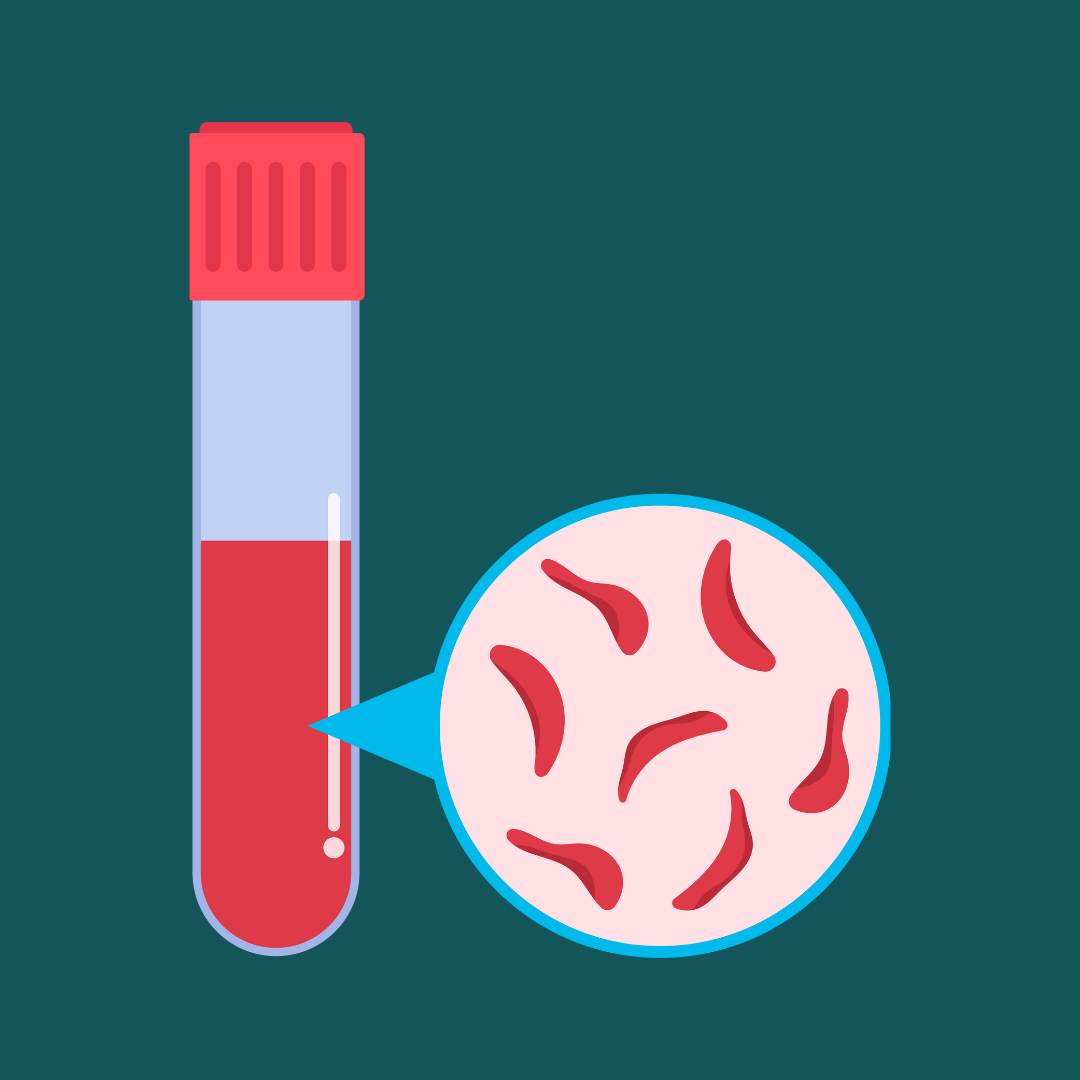The ethical dilemma of gene editing: Our reporter took your questions
By Carolyn Y. Johnson,
The Washington Post [cites CGS’ Pete Shanks ]
| 12. 08. 2023
The first medicine based on gene editing, a one-time therapy for sickle cell disease, was just approved in the United States. It’s a big moment for patients with sickle cell disease and for the technology called CRISPR, which powers the therapy.
I am Carolyn Johnson, a science reporter at The Washington Post, and I’ve been following the speedy trajectory of CRISPR from a scientific breakthrough in 2012 to a medicine that can alleviate human suffering 11 years later. On Tuesday, I answered your questions about the potential of this technology to transform medicine — and the challenges associated with it.
First, a quick primer: CRISPR is often compared to a pair of “molecular scissors” that can make targeted cuts in DNA, giving scientists the ability to easily and precisely alter the genome. Scientists often hear from families afflicted by genetic diseases hoping that this technology will help save their loved ones. It has also spurred controversies — including battles over who invented CRISPR and the fear that it will be used to create “designer babies.”
Here...
Related Articles
By Mary Annette Pember, ICT News [cites CGS' Katie Hasson] | 04.18.2025
The sight of a room full of human cadavers can be off-putting for some, but not for Haley Omeasoo.
In fact, Omeasoo’s comfort level and lack of squeamishness convinced her to pursue studies in forensics and how DNA can be...
Gray wolf by Jessica Eirich via Unsplash
“I’m not a scarcity guy, I’m an abundance guy”
– Colossal co-founder and CEO Ben Lamm, The New Yorker, 4/14/25
Even the most casual consumers of news will have seen the run of recent headlines featuring the company Colossal Biosciences. On March 4, they announced with great fanfare the world’s first-ever woolly mice, as a first step toward creating a woolly mammoth. Then they topped that on April 7 by unveiling one...
By Katrina Northrop, The Washington Post | 04.06.2025
photo via Wikimedia Commons licensed under CC by 3.0
China's most infamous scientist is attempting a comeback. He Jiankui, who went to jail for three years after claiming he had created the world's first genetically altered babies, says he remains...
By Anumita Kaur [cites CGS’ Katie Hasson], The Washington Post | 03.25.2025
Genetic information company 23andMe has said that it is headed to bankruptcy court, raising questions for what happens to the DNA shared by millions of people with the company via saliva test kits.
Sunday’s announcement clears the way for a new...




